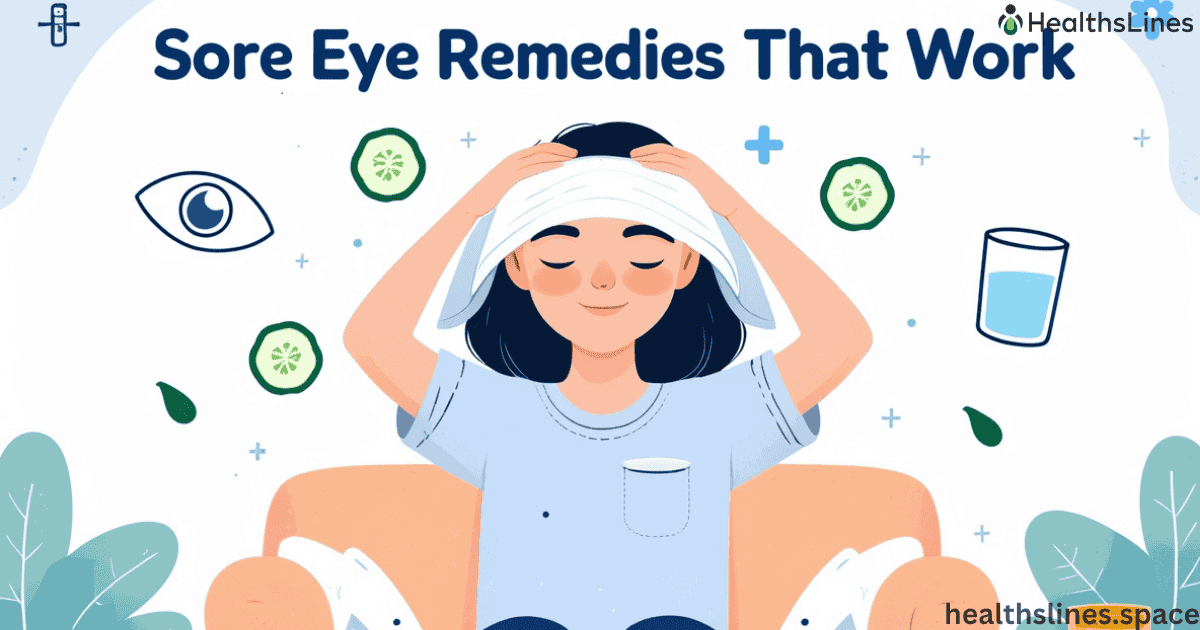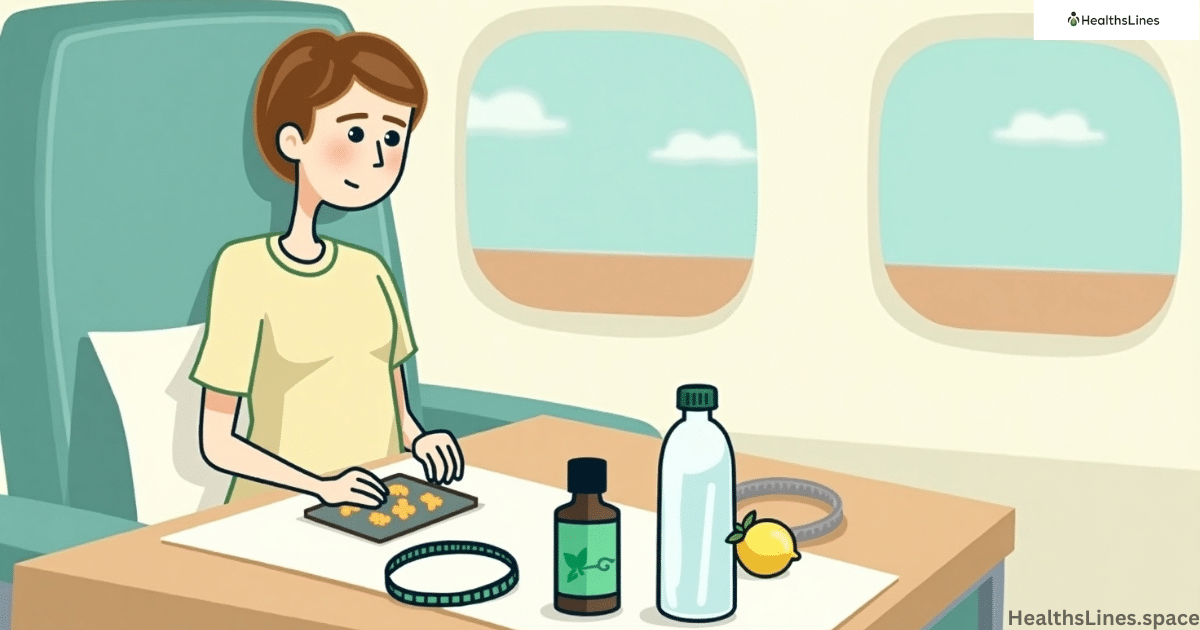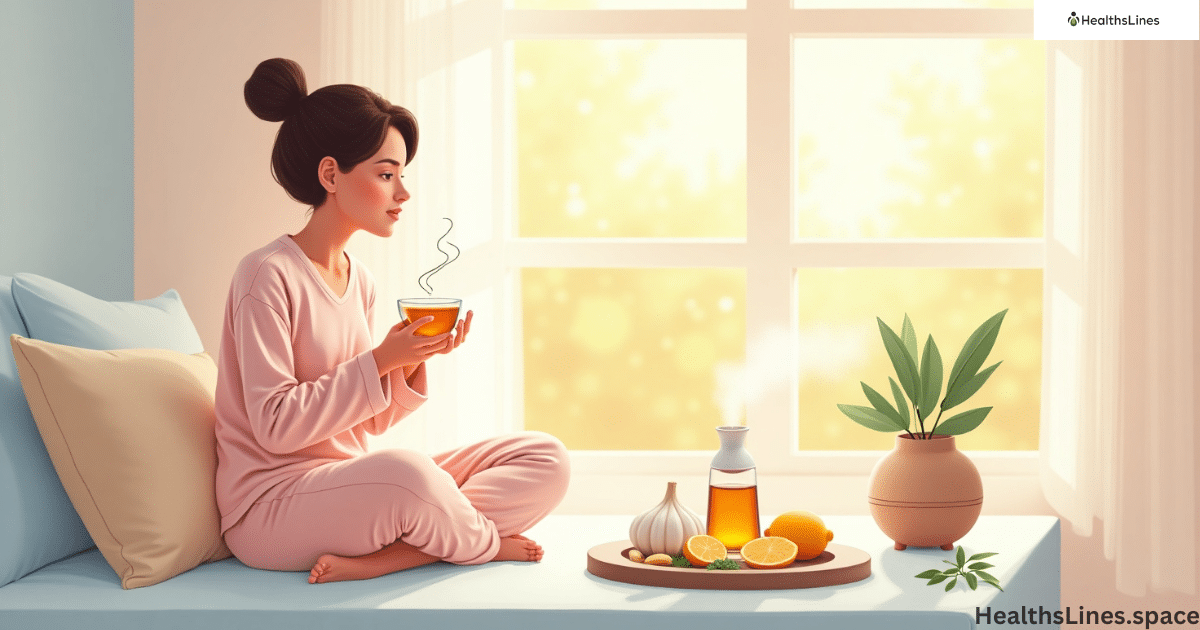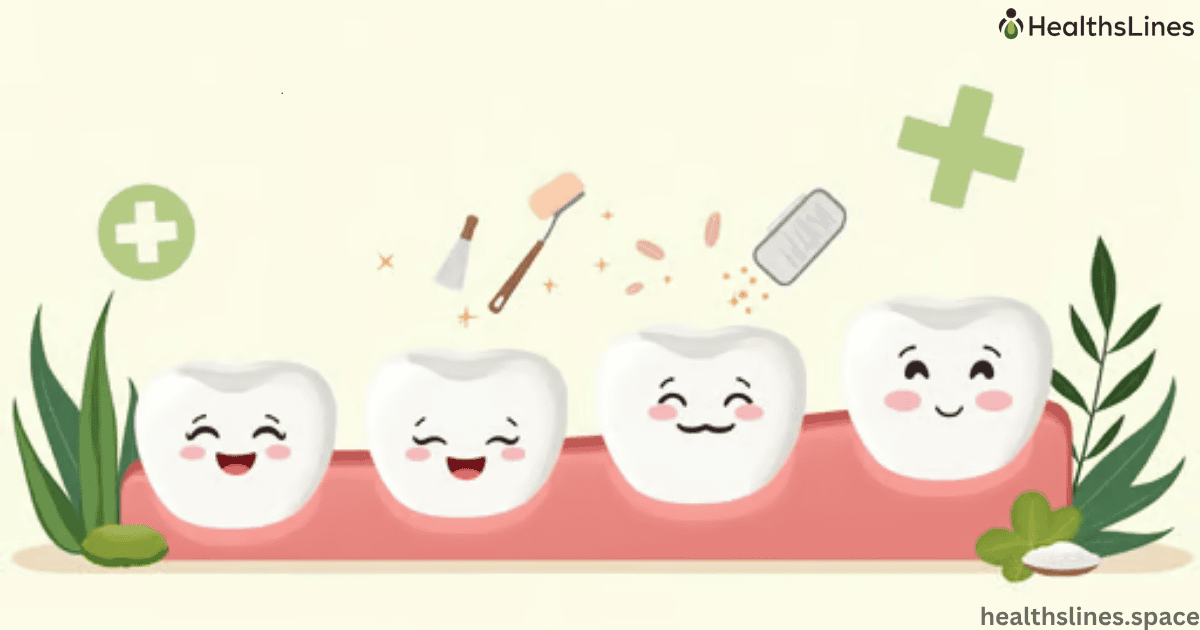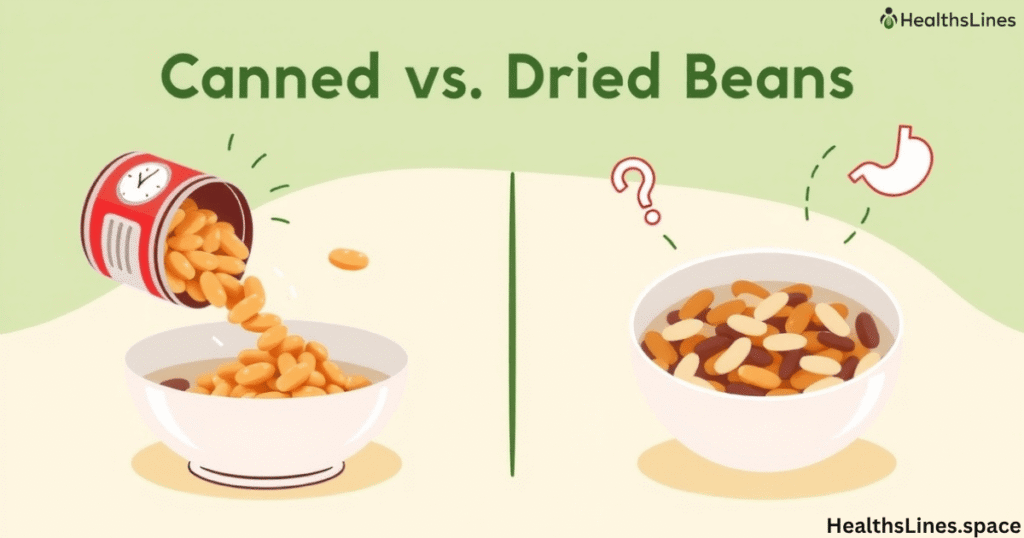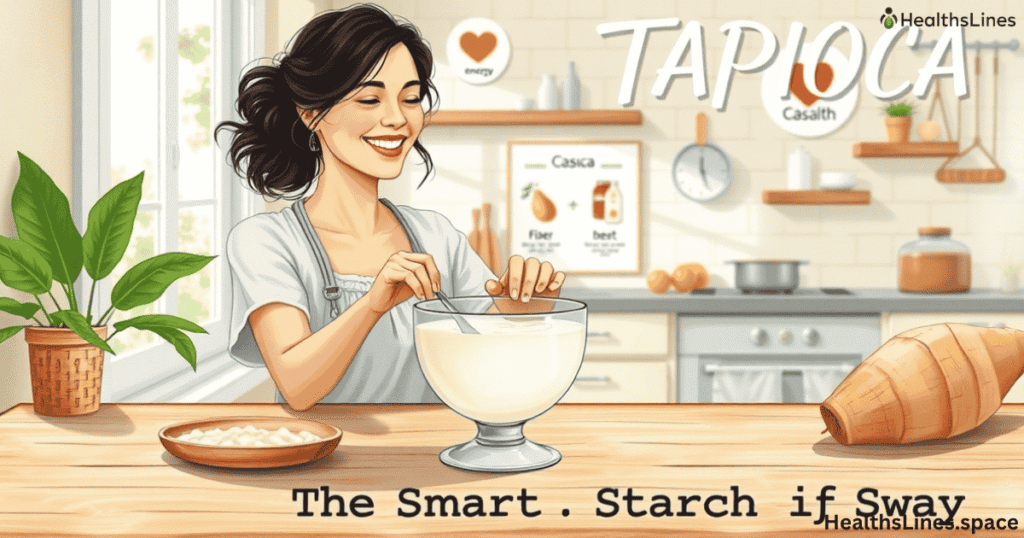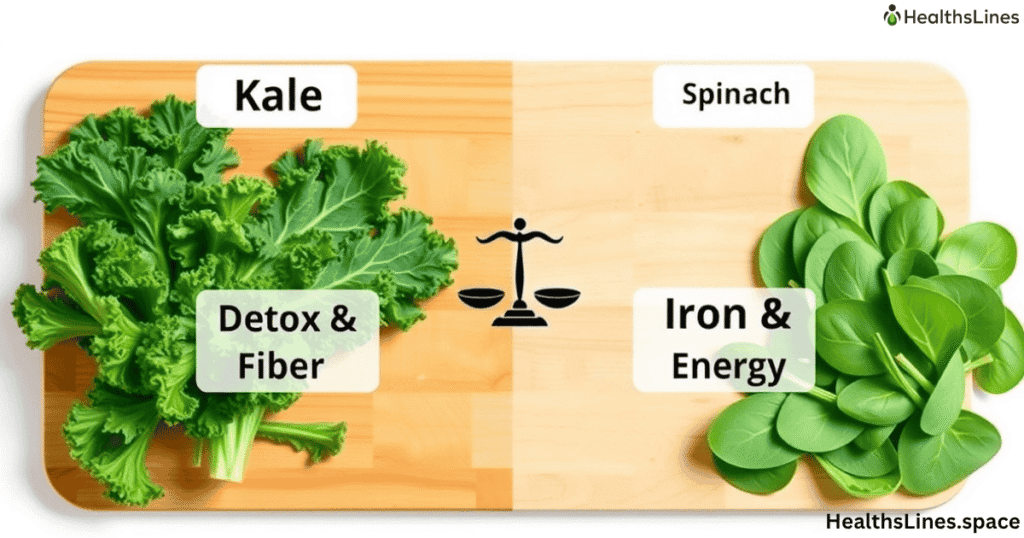What Causes Sore Eyes and How to Identify the Root Problem
Sore eyes can come from many things, and understanding the reason is key to fixing the problem. Some people feel burning or redness after looking at screens for too long Sore Eye Remedies. Others have itchy, watery eyes caused by allergies. Sometimes, sore eyes happen because of dryness or a mild infection. The causes are different, and so are the remedies. If you know what type of discomfort you have, it becomes easier to choose the right remedy.
There are several types of sore eyes. Some are linked to the environment like dust, pollen, or smoke. Others are due to habits like rubbing your eyes or wearing old contact lenses. Even stress and lack of sleep can play a role. If your eyes hurt often, it’s important to notice when it happens and what triggers it. That way, you can avoid the cause and help your eyes heal faster. Digital eye strain, conjunctivitis, and ocular dryness are among the most common triggers.
Proven Home Remedies That Relieve Sore Eyes Fast
When your eyes feel sore, you may want fast relief. The good news is, some easy home remedies for sore eyes really work. A cold compress can reduce swelling and give instant comfort. Just dip a clean cloth in cold water, wring it out, and place it gently on your closed eyes for 10 minutes. For some people, a warm compress works better, especially when dealing with dryness or clogged tear ducts. The warmth improves blood flow and relaxes the eye muscles.
Another great remedy is rinsing your eyes with sterile saline solution. It helps remove irritants like dust or allergens Sore Eye Remedies. If you wear contacts, try using preservative-free artificial tears. These drops add moisture without adding chemicals. Many people find that chamomile tea bags, cooled in the fridge, help reduce eye inflammation. Just place them on your eyes and relax. However, make sure you’re not allergic to any herbal ingredient before trying these natural methods.
| Home Remedy | Best For | Duration |
| Cold Compress | Swelling, redness | 10 minutes |
| Warm Compress | Dryness, styes | 10–15 minutes |
| Saline Rinse | Irritants, dust | 2–3 times/day |
| Chamomile Tea Bags | Puffiness, mild soreness | 15 minutes |
| Artificial Tears | Dry eyes | As needed |
Natural Oils and Plant-Based Solutions That Show Results
Nature offers powerful healing tools. Some natural remedies for sore eyes include oils and plant-based ingredients. Castor oil is well known for its anti-inflammatory and moisturizing benefits. But always choose pure, hexane-free castor oil. A drop in each eye can help relieve dryness, but only do this if the product is marked safe for eye use. It is also best to talk to a doctor before using oils in or around your eyes.
Another popular choice is aloe vera. The inner gel of the plant contains compounds that can reduce inflammation. While it’s great for soothing the skin around your eyes, be careful not to get any inside your eyes. For people suffering from mild infections or styes, coconut oil offers antibacterial support. Apply a small amount around the eyes for soothing relief, but again, avoid direct contact with the eyeball. These methods may take time, but they work gently without harsh side effects.
Tech and Screen Strain: Protecting Eyes in a Digital World
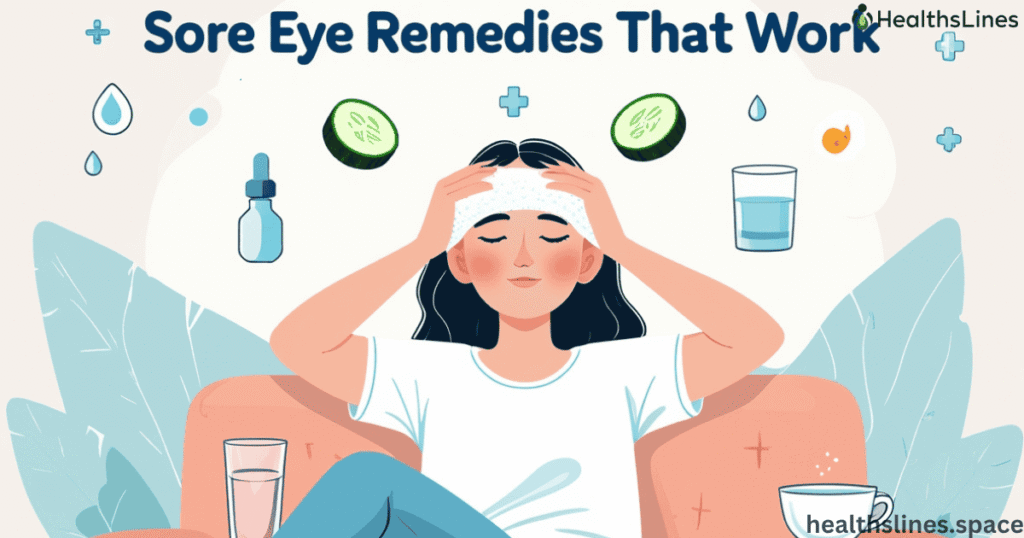
Digital eye strain has become very common. Staring at screens all day can lead to tired, sore eyes. One simple method to reduce this is the 20-20-20 rule. Every 20 minutes, look at something 20 feet away for 20 seconds. It lets your eyes rest and prevents strain. Also, reduce screen brightness and avoid staring at screens in the dark. Your eyes need balanced light to work comfortably.
Many people benefit from using blue light filters on their devices. These reduce the amount of blue light that reaches your eyes and can reduce strain. Adjusting your monitor so it’s just below eye level helps, too. Try to keep your screen about an arm’s length away. Good posture and proper lighting matter Sore Eye Remedies. A screen positioned near a bright window can cause glare, which strains your eyes even more. If you work on screens all day, consider computer glasses with blue light protection.
When to Skip the Home Fixes and See a Specialist
Sometimes sore eyes are more than just tiredness or dryness. If you experience yellow discharge, strong pain, or blurry vision, it’s time to see a doctor. These can be signs of an infection like bacterial conjunctivitis or a deeper problem. A home remedy might not be enough. Waiting too long could make the issue worse and lead to serious complications like corneal damage or vision loss.
Also, if your eyes stay red for more than a week or get worse even after using basic treatments, you should consult a specialist. Eye doctors can check for keratitis, uveitis, or glaucoma. These conditions need prescription treatment. Self-medicating with oils or drops won’t solve those issues. Seeing an expert ensures you get the right care at the right time. Taking quick action can save your eyesight.
Prevention: Daily Eye Care Habits to Avoid Future Flare-Ups
Preventing sore eyes is often easier than curing them. Start with simple habits like washing your hands before touching your face. Avoid rubbing your eyes, even if they itch. Keep your pillowcases clean and avoid using old makeup products. Dirty hands or tools can bring bacteria into the eye and cause infections. Also, make sure you clean your contact lenses properly if you wear them.
Your diet and hydration also play a big role. Drink enough water throughout the day to keep your eyes hydrated. Eat foods rich in omega-3 fatty acids, vitamin A, and zinc. These nutrients support eye health and lower the risk of inflammation. Using a humidifier can help maintain moisture in dry rooms. Take regular breaks from reading or working to let your eyes relax. Healthy eyes need rest, just like the rest of your body.
| Nutrient | Food Source | Eye Benefit |
| Vitamin A | Carrots, sweet potatoes | Night vision, tear production |
| Omega-3 | Salmon, chia seeds | Reduces dry eye symptoms |
| Zinc | Pumpkin seeds, lentils | Helps with night vision |
| Vitamin C | Oranges, kiwi | Reduces risk of cataracts |
Emergency Red Flags You Should Never Ignore
There are times when sore eyes could signal an emergency. If you suddenly lose vision, see flashing lights, or experience sharp pain, go to an eye specialist right away. These can be symptoms of retinal detachment or acute angle-closure glaucoma, both of which are serious. Don’t try to treat these problems at home.
Also, if your eye is injured by a sharp object or you get a chemical splash in your eye, rinse it immediately and seek emergency care. Delaying treatment can lead to permanent damage Sore Eye Remedies. If you have diabetes and notice soreness along with vision changes, visit your doctor quickly. Some eye issues develop silently but lead to severe problems if ignored.
Eye Health Checklist and Long-Term Maintenance Tips
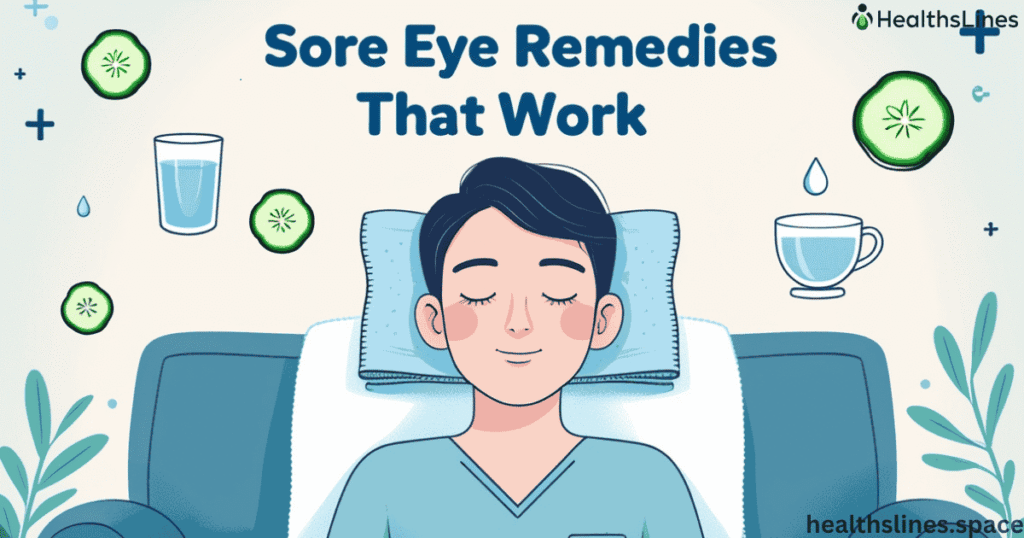
Caring for your eyes is a daily task. Build a routine that protects them from harm. Start your day by gently washing your eyes and face. Remove all makeup before bed and avoid sleeping in contact lenses. Follow the rule of replacing mascara and eyeliners every 3 months. Keeping things clean around your eyes is vital.
If you use eye drops, make sure the tip doesn’t touch your eye or hands. Don’t share eye makeup or towels. These small things can lead to big problems if ignored. Go for eye exams once a year, even if your vision feels fine. Eye problems often show no early signs. Here is a simple weekly checklist you can follow:
| Task | Frequency | Purpose |
| Clean pillowcase | Weekly | Prevent bacteria buildup |
| Eye rest breaks | Daily | Reduce digital strain |
| Eat eye-friendly foods | Daily | Support overall health |
| Check makeup expiry | Monthly | Avoid infections |
| Replace contact case | Every 3 months | Keep lenses safe |
Download: Printable Guide for Natural Sore Eye Relief
We’ve put together a free printable guide that includes remedies, signs to watch for, and a daily checklist. This resource is perfect for keeping track of what works and when to see a doctor. It also includes a table of eye-friendly nutrients and a short quiz to assess your eye health habits.
Use this guide to share with friends or print out and stick near your desk. You can get the free download from our website’s Eye Health Resource Center. It’s medically reviewed and created to help you stay on top of your eye care routine.
Final Thoughts
Sore eyes are common, but they don’t always need medicine. Many cases improve with natural remedies, better habits, and a little care. Cold compresses, castor oil, and saline rinses are proven ways to relieve mild symptoms. Protecting your eyes from screens, dust, and dryness keeps them strong and healthy.
Still, some signs mean you need to see a doctor. If you catch serious problems early, treatment is faster and easier. Take time each day to care for your eyes. It doesn’t take much—just a few good habits and knowing when to act. Healthy eyes are key to a happy life.
